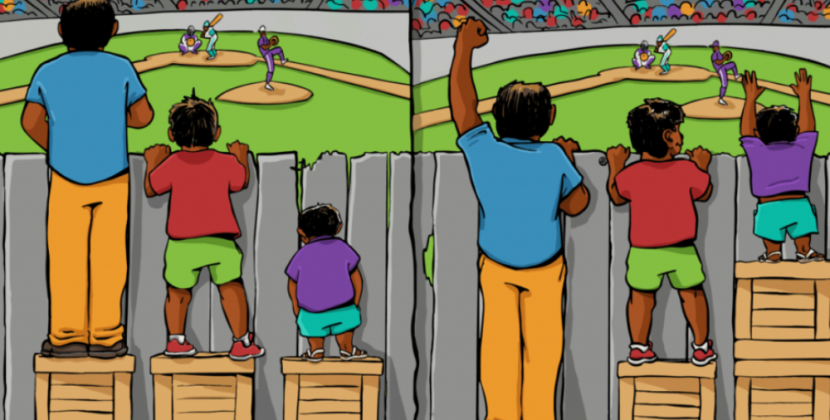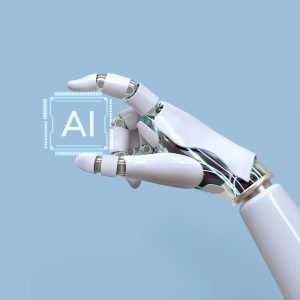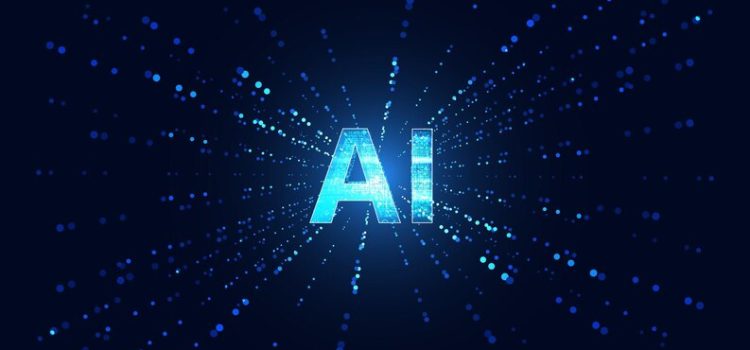
AI Fears: Authors Struggle in the Age of Artificial Creativity
Introduction:
Authored by Anna Thompson, a seasoned writer and technology enthusiast, this article delves into the challenges faced by modern authors in the burgeoning era of artificial intelligence creativity. Drawing upon her years of experience in both traditional writing and the evolving landscape of AI, Thompson navigates the intricate relationship between authors and advancing technology, offering insights, and practical advice for writers, as well as engaging academia and tech enthusiasts in thought-provoking discussions.
The Rise of AI in Creative Writing
The integration of AI in creative writing has been rapidly transforming the landscape of authorship. From predictive text to natural language generation tools, AI has become a powerful aid for writers seeking efficiency and inspiration.
Authors’ Dilemma: Embracing or Resisting AI?
Many writers grapple with the ethical and artistic implications of utilizing AI in their creative process. Balancing fears of losing originality with the benefits of AI-generated prompts, plot ideas, or even entire manuscripts is a prevalent concern.
Impacts on Writing Style and Originality
AI’s influence on writing style and the perception of originality in literature has been a subject of much debate. Some argue that AI-generated content lacks the human touch, while others see potential in its ability to expand creative boundaries.
AI Tools vs. Human Creativity: Striking a Balance
Understanding that AI is a tool rather than a replacement for human creativity is crucial. Exploring ways to leverage AI’s strengths while preserving the unique voice and creativity of authors is a pertinent challenge.
Literature Scholars’ Perspectives on AI Integration
Academics in literature closely observe the impact of AI on creative works. Exploring their insights and apprehensions regarding AI’s role in the future of literature provides a holistic viewpoint.
Navigating the Future: Adaptation Strategies for Authors
Tips and strategies for writers to adapt and thrive in an AI-integrated writing environment. Embracing AI collaboratively to enhance creativity, rather than perceiving it as a threat, is a significant aspect.
AI in Writing Conferences: Opportunities and Challenges
Exploring the role of AI discussions in writing conferences, the opportunities it presents for authors, and the challenges faced in this evolving landscape.
Overcoming Fear: Embracing AI’s Collaborative Potential
Encouraging authors to embrace AI as a collaborative tool, enhancing creativity, productivity, and opening new avenues for literary exploration.

Visual Table – AI Tools for Writers:
| AI Tool | Description |
|---|---|
| Predictive Text | Offers word suggestions and completes sentences based on context and patterns. |
| Natural Language Gen. | Generates coherent, human-like text, aiding in idea generation and expanding content. |
| Plot Generation | Assists in generating plot ideas, storylines, and character development. |
Comparative Table – AI vs. Human Creativity:
| Features | AI Creativity | Human Creativity |
|---|---|---|
| Speed | Rapid generation and processing of data | Slower, more nuanced, emotionally driven |
| Originality | Based on existing patterns and data | Infused with personal experiences, emotions |
| Efficiency | Quick and accurate in repetitive tasks | Adaptable, context-aware, flexible |
| Depth & Complexity | Limited in understanding context and emotions | In-depth, empathetic, multifaceted |










